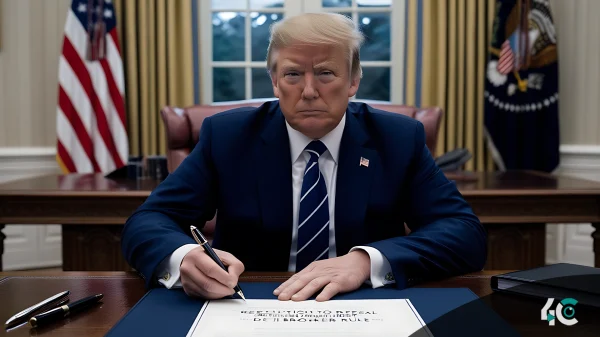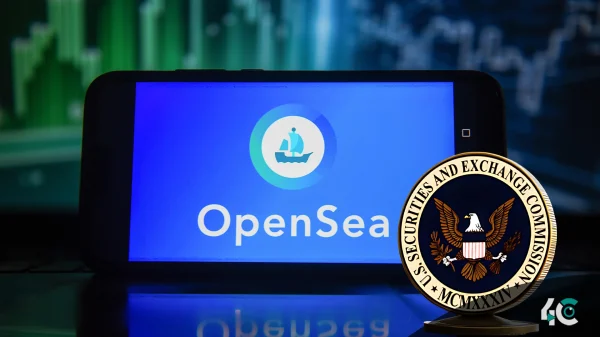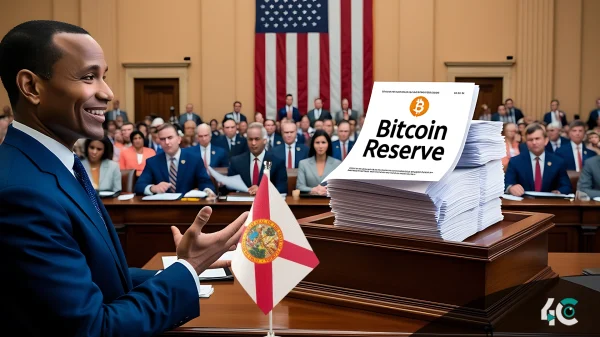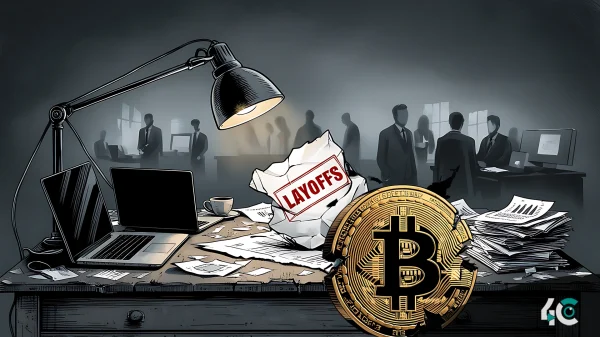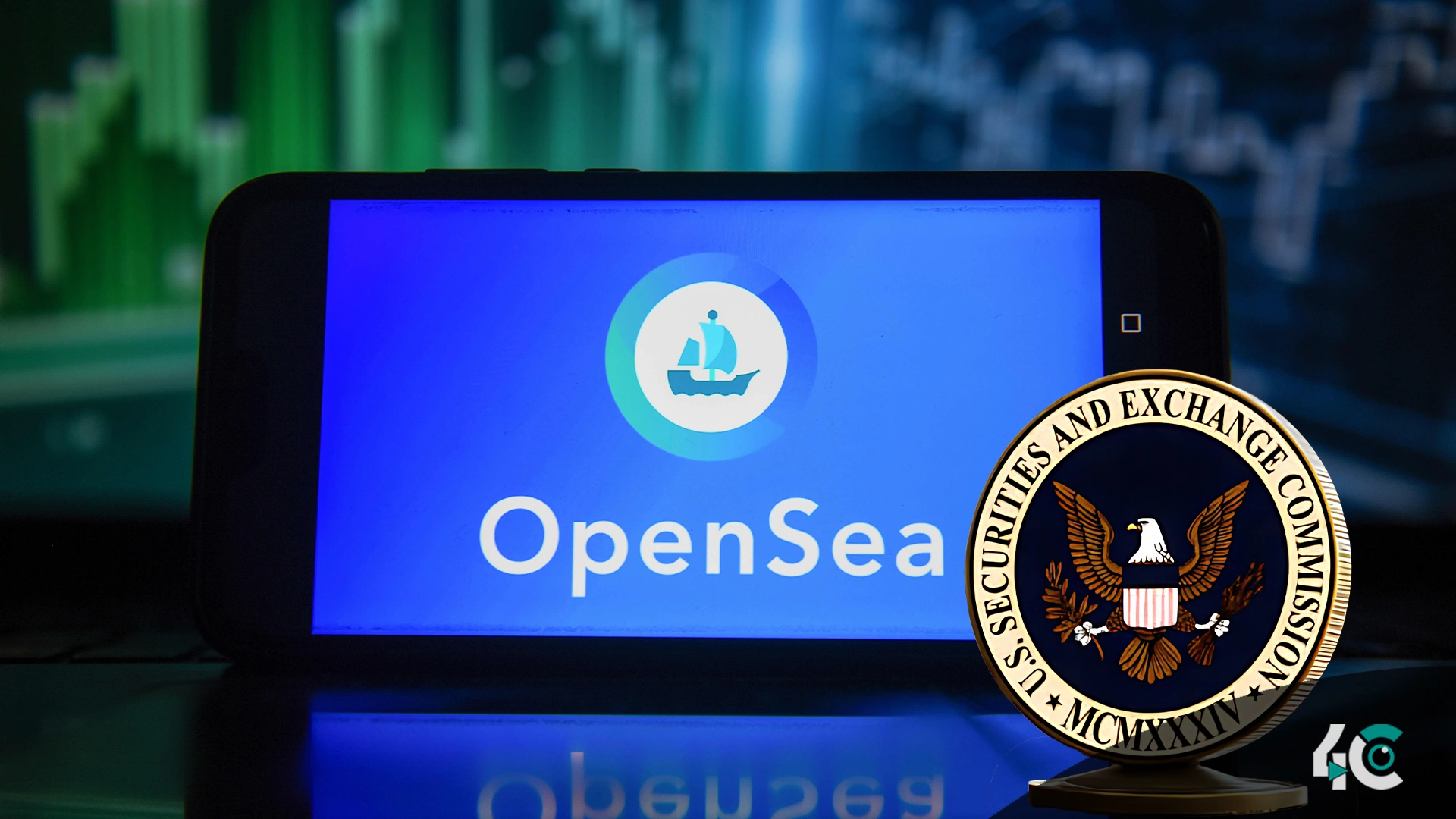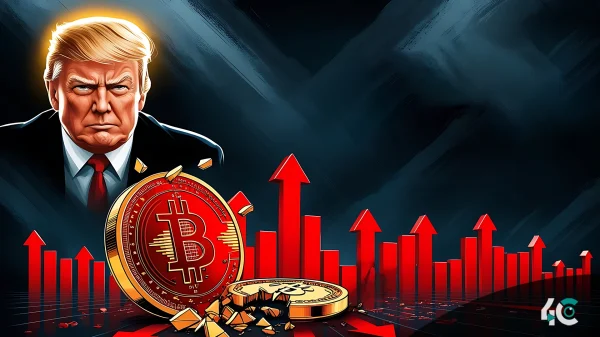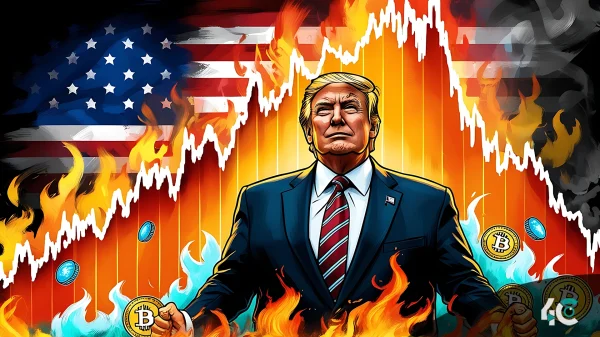OpenSea, a major NFT marketplace, is petitioning the US government. In response to the Securities and Exchange Commission, OpenSea aims to not classify NFT marketplaces as securities. OpenSea informed the SEC in a letter dated April 9 that NFT marketplaces’ operational model does not fit within the definitions that regulate brokers or exchanges under current securities laws.
The email, addressed to Commissioner Hester Peirce, who leads the SEC’s Crypto Task Force, states that OpenSea-like platforms are not brokers, do not conduct transactions in securities, and do not offer investment advice. OpenSea doesn’t facilitate transactions; rather, it allows parties to transact with one another through the use of blockchain technology and smart contracts.
OpenSea says the SEC has filed actions against other platforms lately for doing some ambiguous things, which is causing customers to lose faith. The company, through a letter sent by counsel, is requesting informal guidance from the SEC on the rise of NFT activities. Furthermore, OpenSea is calling for a long-term waiver of broker registration requirements for these platforms.
The legal team of OpenSea explained some differences between NFTs and securities. They observed that people tend to buy NFTs out of personal interest, cultural value or artistic value rather than out of investment for financial gain. They also mentioned that OpenSea does not provide investment advice, hold users’ funds, or execute transactions. This distinction further separates it from firms traditionally defined as brokers.
We hope that the SEC, under an administration increasingly supportive of blockchain innovation, will focus on boosting the NFT ecosystem as it reviews its stance on cryptocurrencies and digital assets. The firm argues that overly stiff rules might stifle creativity, restrict involvement, and hamper the flourishing digital economy’s expansion.
OpenSea believes that advice as well as feedback from the crypto platform could help the NFT space avoid economic challenges related to regulation. The company’s efforts reflect a bigger push by the whole industry to reconcile consumer protection with technological progress.


